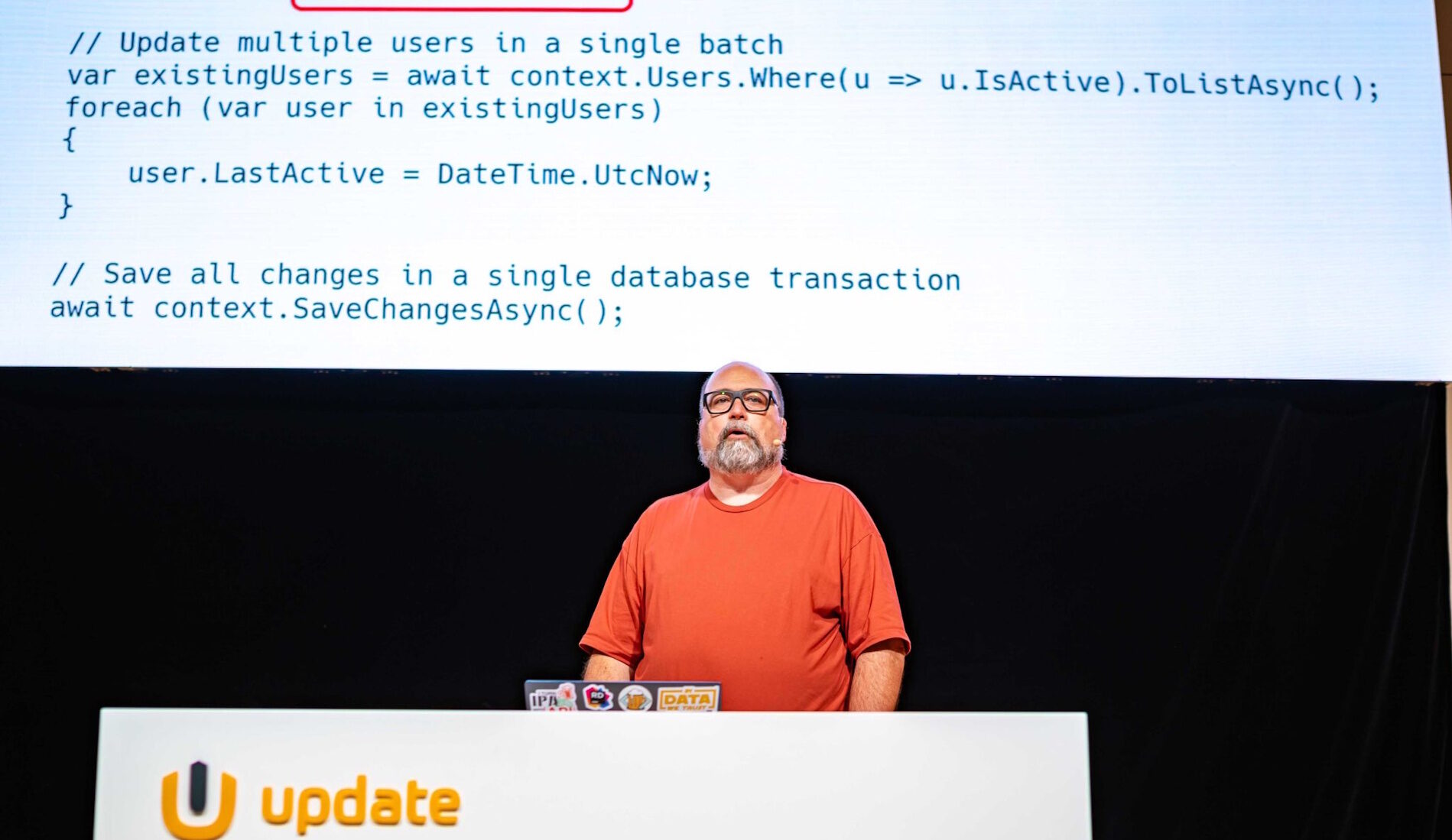The daily list of topics for the series is here: From C# to Rust: A 42-Day Developer Challenge
Today marks Day 1 of my 42-day challenge to learn Rust—with a twist. I’m not approaching this as a blank-slate beginner. I’m bringing along years of C# experience, mental muscle memory from countless LINQ expressions, async/await workflows, and enough IEnumerable<T>s to make your head spin.
But now? I’m learning a language that doesn’t have a garbage collector, doesn’t throw exceptions the same way, and thinks null is a bad idea.
Why?
The Rusty Itch I Needed to Scratch
Here’s the thing—I’ve grown very comfortable in the .NET ecosystem. Too comfortable. Writing code in C# often feels like working in a luxury car: smooth, feature-rich, and with great support systems like LINQ, Jetbrains Rider, and the ever-present garbage collector doing its thing behind the scenes.
But lately, I’ve been craving something that makes me think differently, something that forces me out of autopilot. I wanted a systems language that feels modern, safe, and powerful but without the memory horror stories of C++.
That’s where Rust comes in.
Rust doesn’t hold your hand but doesn’t let you shoot yourself in the foot without asking, “Are you really sure about that?”
First Impressions: C# Brain Meets Rust Compiler
Let me say that my C# brain and the Rust compiler are not best friends yet.
For instance, in C#, I might casually throw around a variable like this:
var name = "Rustacean"; Console.WriteLine(name);
In Rust?
fn main() {
let name = "Rustacean";
println!("{}", name);
}
Looks similar, right? But the moment I try to change that value, Rust slams the brakes.
fn main() {
let name = "Rustacean";
name = "Ferris"; // Compiler says nope!
}
If I want mutability, I have to explicitly ask for it:
fn main() {
let mut name = "Rustacean";
name = "Ferris";
println!("{}", name);
}
The Rust compiler is basically a strict teacher who wants me to write safer code by default. It’s like going from a chill substitute teacher (C#) to a no-nonsense professor with a red pen (Rust).
Why This Journey Matters
I’m not here to switch camps. I love C#—it’s elegant, powerful, and great for web apps, APIs, and enterprise workloads. But if there’s one thing I’ve learned over the years, it’s that learning a new language sharpens your skills in all the others.
Rust’s approach to memory management, error handling, and data modeling forces you to think differently. And that “different” is what excites me. Even if I never ship a production app in Rust, the ideas I pick up will make my C# code better.
Also, let’s be real—how many developers can say they’ve wrestled with the borrow checker and lived to tell the tale?
What to Expect
For the next 42 days, I’ll be documenting my Rust journey daily. Each post will draw connections between Rust and C#, highlight the “aha!” moments, and probably include a few “why won’t this compile?!” meltdowns.
If you’re a .NET dev curious about Rust or want to follow along for the entertainment, welcome aboard.
Tomorrow: installing Rust and comparing cargo new to dotnet new. Spoiler: One of them feels like it came from 2025.

